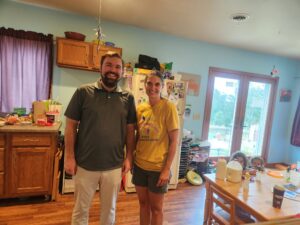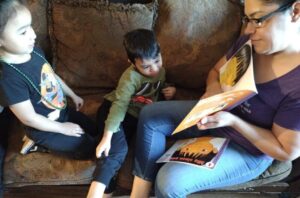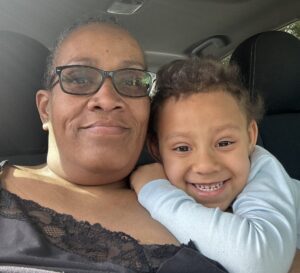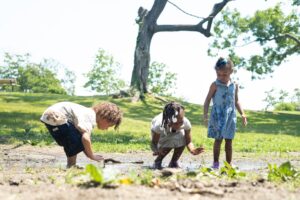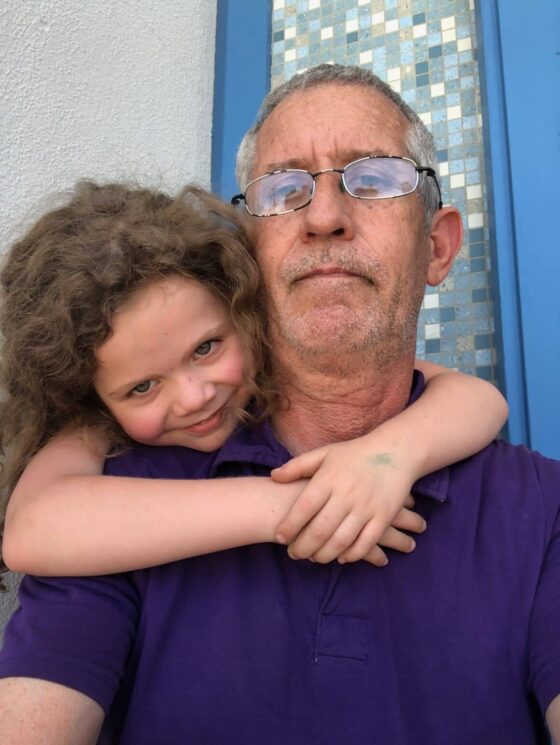
The Policy Window for Universal Child Care Opens in 2026
Families and child care providers are being squeezed as pandemic-era supports expire and federal funding stalls. Across the country, home-based providers are struggling to stay open amid lower reimbursements and rising costs. Without stronger federal investment in the Child Care and Development Block Grant (CCDBG), tens of thousands of children could lose access to care.
